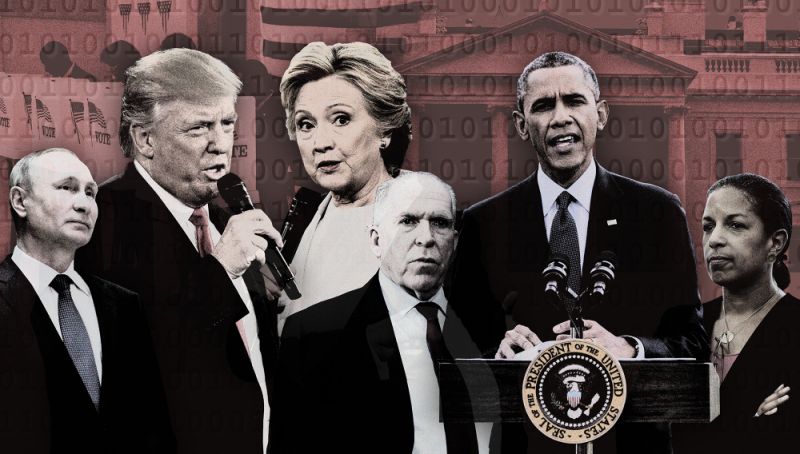Robert Mueller’s special counsel was presented to the American public as unimpeachable. From its beginning, a distinct minority in politics and media, including several Federalist writers, were skeptical, citing the special counsel’s past prosecutorial abuses, the past alleged misconduct of its pivotal investigators, and the team’s peculiar partisan makeup.
Once in action, its seemingly limitless powers, heavy-handed usage of such powers, and more questionable if not dubious indictments, far removed from “collusion,” seemed to confirm our worst fears. While there is much within the Mueller report that further suggests this skepticism was well-founded, what is perhaps most probative is what the report omitted.
The following are seven of the most glaring omissions from the collusion section of the redacted Mueller report—since collusion, not obstruction, was the theory from which the investigation stemmed.
1. No Attempt to Grapple with the Investigation’s Troubling Underpinnings
Russiagate in many ways appears to be the fruit of a poisonous tree of epic proportions. Allegations of a treasonous Russian conspiracy led to beyond novel legal theories, including the ludicrous invocation of the Logan Act, pervasive unmasking, spying on a presidential campaign by a political adversary based in part on a salacious and unverified dossier gleaned from sketchy Russian sources by a foreign agent and paid for by an opposition campaign, chicanerous circularity in the warrants backing the spying, the use of informants to perhaps entrap campaign members, a deluge of leaks (some of which were illegal), and much else.
We can layer on top of these malevolent acts the biases, ethical infractions, outright criminality, and clear double standards applied by law enforcement figures common to the Trump-Russia and Hillary Clinton emails investigations.
The collusion section of the Mueller special counsel report barely addresses any of the foregoing. How could such an investigation have any credibility without dealing with any, if not all of these issues?
2. No Discussion of Whether the Special Counsel’s Appointment Was Legitimate
From the special counsel’s inception, former federal prosecutor Andrew C. McCarthy and others have harped on a single fundamental question: Was the special counsel appointed in accordance with Department of Justice (DOJ) regulations?
A special counsel must be appointed based on a criminal investigation. The Mueller special counsel stemmed from a counterintelligence investigation. A special counsel’s scope must be tailored to “a specific factual statement of the matter to be investigated.” The Mueller special counsel order did not seem to adhere to this standard, and in practice, its scope was virtually unlimited.
The Mueller report does not even attempt to address this basic challenge to its legitimacy. Nor does it deal with the arguable conflicts of interest and improper actions taken by those associated with its creation, including former FBI deputy director Andrew McCabe, former FBI director James Comey, and the man overseeing the special counsel, Deputy Attorney General Rod Rosenstein—who, as Sean Davis points out, was a participant, witness, and perhaps target of the investigation himself.
























